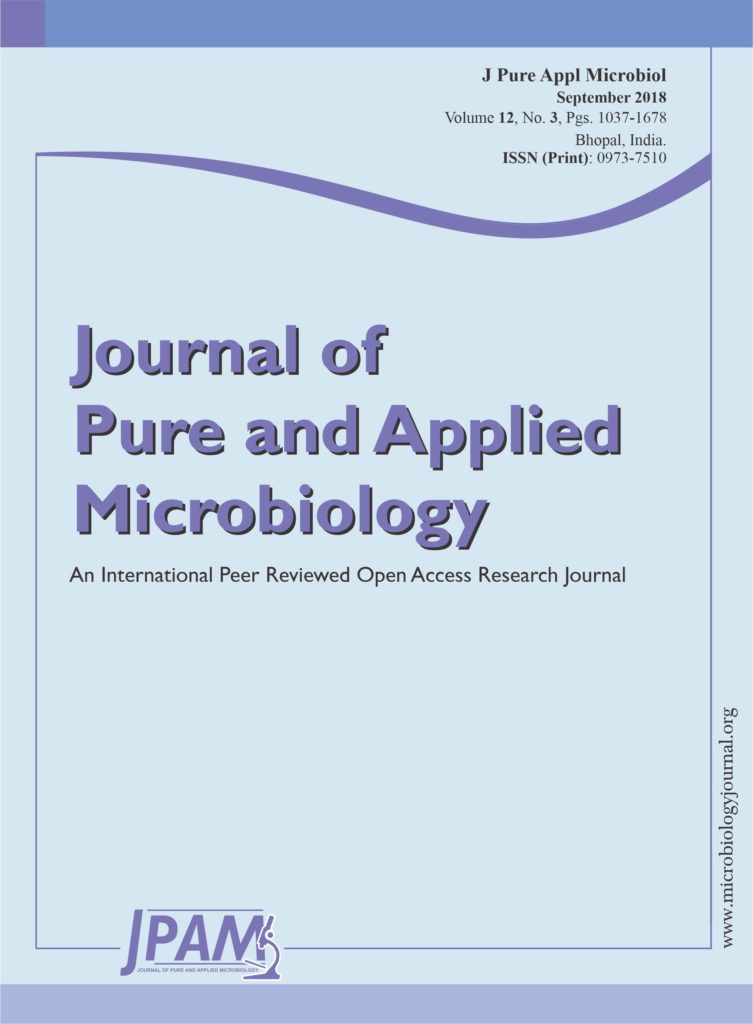Existing antifungal drugs available today are low in efficacy, high in toxicity and cause multidrug resistance. Anti-Candida potential of geraniol, an acyclic monoterpene alcohol was evaluated and secretion of hydrolytic enzymes, adherence and biofilm formation were studied as virulence attributes. XTT reduction assay, inverted light microscopy and scanning electron microscopy (SEM) were used to study the effect of geraniol on biofilm formation. In vitro secretion of proteinases and phospholipases was observed on plates containing BSA and egg yolk, respectively. Geraniol showed minimum inhibitory concentration (MIC) of 130 µg/ml for C. albicans and C. glabrata and 80 µg/ml for C. tropicalis. Inhibition of biofilms was observed at sub-MIC values of geraniol. Proteinase secretion decreased in C. albicans, C. tropicalis and C. glabrata by 32.5-38.7%, 46.51%, 31.83%, respectively at MIC of geraniol. The clinical sensitive C. albicans D-27 and resistant S-1 showed 36.95% and 57.53% proteinase inhibition, respectively. Only minor inhibitory effects of geraniol were observed on phospholipase secretory activity. At MIC, the standard and resistant C. albicans strains showed 10-20% reduction in phospholipase inhibition, while the clinically sensitive strain showed an inhibition of 33%. Results show that geraniol interferes with the initial steps of fungal virulence and biofilm formation and can be used in the management and treatment of both topical and systemic Candida infections.
Candida, Geraniol, Biofilms, Proteinases, Phospholipases
© The Author(s) 2018. Open Access. This article is distributed under the terms of the Creative Commons Attribution 4.0 International License which permits unrestricted use, sharing, distribution, and reproduction in any medium, provided you give appropriate credit to the original author(s) and the source, provide a link to the Creative Commons license, and indicate if changes were made.


